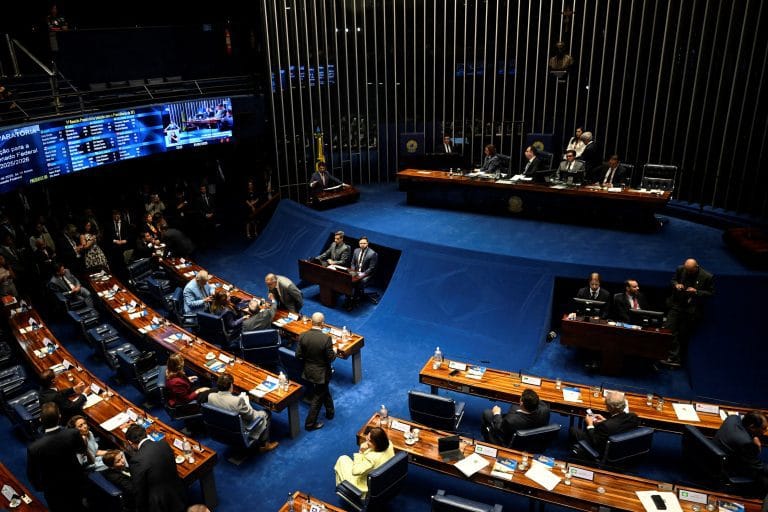🎧 Listen to This Article
The Brazilian Senate approved Bill of Law No. 1,087/2025 on 5 November 2025, introducing a 10% withholding tax on dividends for nonresident shareholders, a new minimum Individual Income Tax (IRPFM) for high earners, and expanded income tax exemptions for low-income individuals. If ratified by the president, the changes will take effect 1 January 2026.
The bill aims to rebalance Brazil’s tax system by providing relief to low-income taxpayers while generating revenue from dividends paid to certain resident individuals and nonresidents.
Low-income exemptions
The legislation expands Individual Income Tax (IRPF) exemption brackets, exempting monthly income up to BRL 5,000 and applying reduced rates for income between BRL 5,000 and BRL 7,350, targeting relief for the most vulnerable populations.
Dividend withholding tax
The bill reinstates a 10% withholding tax (WHT) on dividends paid to:
- Brazilian-resident individuals whose dividend payments exceed BRL 50,000 per month, and
- Nonresident individuals or legal entities receiving dividends from Brazilian companies.
Profits accrued through fiscal year 2025 and distributed by 31 December 2025 are exempt from the WHT, providing a transitional relief window.
Minimum Individual Income Tax (IRPFM)
A minimum tax for high-income individuals is introduced for those earning over BRL 600,000 annually, including exempt or reduced-rate income. Certain sources, such as rural activities, capital gains, inheritances, and specific investment funds, are excluded. Progressive rates will apply, up to 10%, with mechanisms to avoid double taxation in combination with corporate taxes (IRPJ and CSLL).
Implications for multinationals
Multinational companies with Brazilian subsidiaries are advised to:
- Assess the impact of dividend WHT on cash repatriation strategies.
- Determine the allocation of retained earnings before 31 December 2025.
- Explore alternative structures to manage potential tax exposure.
The bill now awaits presidential review, with potential amendments or vetoes before taking effect in 2026.
For any questions, clarifications, feedback, or contributions regarding this article, please contact us at editorial@tax.news. We welcome your input and are dedicated to delivering accurate, timely, and insightful tax news. All inquiries will be handled confidentially in accordance with our privacy policy.



